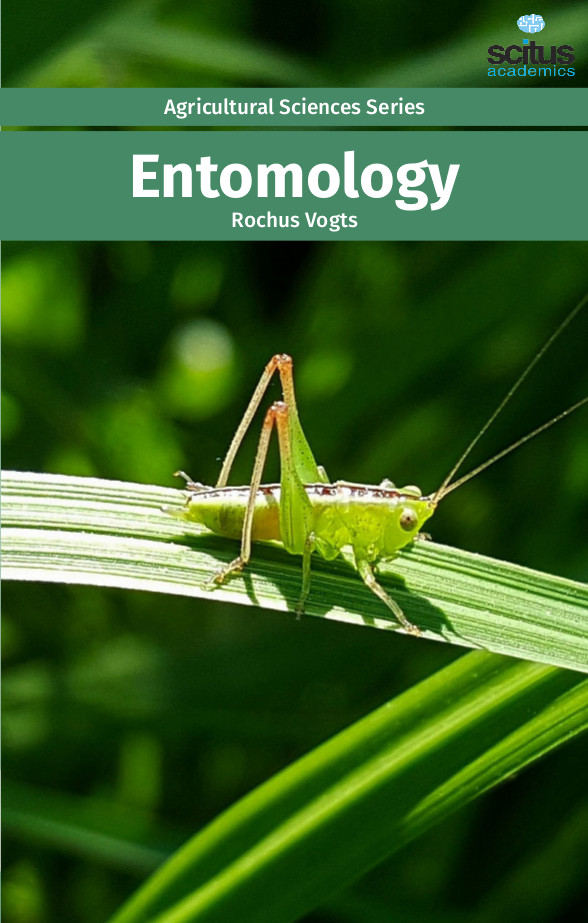Agricultural crops are of considerable importance to the nation economy and also vital to other industries, such as poultry, the leading agricultural enterprise, which relies upon certain field crops for feed and a place for waste management. Controlling insects and other arthropods has become an increasingly complex issue over the past two decades. Minimizing losses due to insect pests and insect vectors of important plant, animal, and human diseases remains an essential component of the Agricultural Entomology. Nonetheless, the deleterious effects associated with the use of chemicals, such as development of insect resistance to insecticides, poisonous residues on foodstuffs, human illnesses associated with pesticide applications, contamination of soil and water, and diminution of biotic diversity must be reduced or eliminated.
This volume, Entomology, presents environmentally sound pest management practices under the umbrella of integrated pest management (IPM). It consists of contributions from the renowned authors providing information on pest management approaches as chemical alternatives. It presents emphasis on pest management strategies for use in corn, soybeans, small grains, forage crops, vegetables, and beekeeping. As a result, considerable emphasis has been placed on tactics other than chemical controls, including biological, cultural, and genetic methods and the deployment of varieties resistant to pests. A re-evaluation of the economic thresholds of insect pests and vectors and the concurrent development of models capable of generating management strategies are a direct result of the need to reduce our reliance on chemical controls. To ensure profitable production it addresses both short- and long-term solutions to the most important arthropod-related problems facing agriculture. The goal of this book is to provide the most up-to-date review on information available around chemical alternatives in IPM. Therefore, this book will provide academia and industry with adequate basic concepts and applications of IPM as eco-friendly pest management option.













